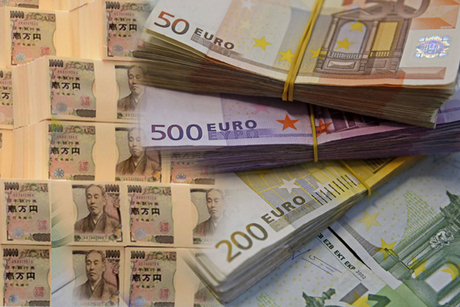Safe-Haven Currencies get Boost after Turkey Jet Strike

The yen and euro got a boost Wednesday as the Turkish downing of a Russian fighter jet sent investors into safer assets on fears about the broader implications of the incident.
Global financial markets were rattled by the shooting on the Syrian border, with European bourses tumbling and oil prices surging on supply fears.
"While the dispute between Turkey and Russia is unlikely to escalate into a 'hot' conflict, it does underline the unresolved tensions over how to put an end to the unrest in Syria and Iraq," Angus Nicholson, a market analyst at IG Ltd, said in a client note.
"This uncertainty around a further escalation of the conflict in the Middle East has hung heavily over Asian markets."
The greenback weakened to 122.32 yen from 122.45 yen Tuesday in New York, as dealers moved into the yen -- seen as a safe-haven currency in times of turmoil or uncertainty.
The euro rose to $1.0668 and 130.49 yen in Asian trading from $1.0642 and 130.42 yen.
"The safe haven bid helped the Japanese yen, Swiss franc and euro move higher against the U.S. dollar," National Australia Bank currency strategist Rodrigo Catril said in commentary.
The dollar was also hit by an unexpected drop in U.S. consumer confidence in November from the previous month, despite an upward revision of economic growth.
A rally in crude prices helped boost the Malaysian ringgit by more than half a percent against the dollar, amid worries that an escalation of the Turkish-Russian tensions near the Syrian border could spill over into the oil-rich Middle East.
Oil is a key Malaysian export.
The dollar also lost ground against some other emerging currencies including the South Korean won, Indonesia's rupiah and the Taiwan dollar.
The won was up 0.69 percent in midday trading, the rupiah gained 0.30 percent and the Taiwanese unit tacked on 0.40 percent.



